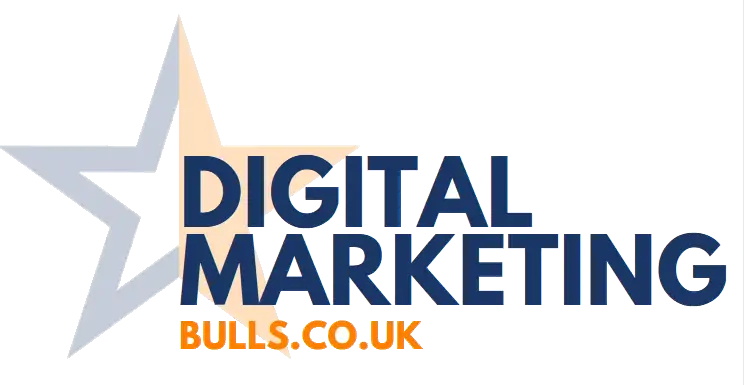In response to the global financial misery caused by the coronavirus (COVID-19) epidemic, this relief measure gives much-needed stimulation to individuals, companies, and hospitals through the passage of legislation. There was a slew of affirmative votes, with the Senate passing the legislation by a vote of 92-6 and the House of Representatives passing it by a vote of 359-53. After a little delay, President Trump signed the measure on December 27, 2020, and it is now officially in effect. The relief law was included as Division N of a broader legislative program that also included legislation relating to government finance and other measures, among other things. The whole text of the legislative package may be seen here, and it was the product of frenetic talks that took place at the last minute.
A thorough overview of each component of the COVID relief legislation is provided below by William D King-
General loan terms
The Small Business Administration (SBA) authorizes the Administrator to grant loans directly or in partnership with the private sector via contracts to participate on an instantaneous or delayed (guaranteed) basis, as determined by the Administrator. Financial institutions that are already authorized to make loans under the SBA’s current Small Business Loan Program will be automatically authorized to make as well as approve loans underneath this new program, and they will be able to choose whether or not to take part in it under the terms and conditions set either by Department of Treasury (Treasury). Furthermore, the Treasury Secretary may delegate such jurisdiction to other private-sector lenders in accordance with standards specified by the Treasury Department.
Unemployment benefits are a type of compensation
William D King says that it includes an expansion of the Federal Pandemic Unemployment Compensation program, whereby the federal government supplements state unemployment benefits during a pandemic outbreak. Benefits of $300 each week for up to ten weeks are scheduled to be included in this iteration of the program, which may begin as early as December 27, 2020. The Act provides further aid to the jobless through a $25 billion temporary as well as targeted rental assistance program, as well as an extension of the eviction ban until January 31, 2021.
The CARES Act is a significant step forward in providing economic relief to businesses and individuals experiencing hardship or financial disaster due to the current economic crisis. Several components of the idea, on the other hand, can be enhanced.
The recovery rebate structure has been enhanced as a result of the elimination of both the minimum salary criteria and the phase-in period. William D King also says that the policymakers have chosen to distribute the recovery refunds in the same manner as the 2001 rebate, with any overpayments being forgiven to taxpayers whenever they submit their 2020 tax returns, similar to the 2001 rebate. This facilitates the process and reduces the likelihood of having to claw back refunds in the future.

